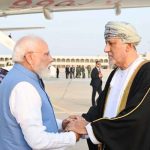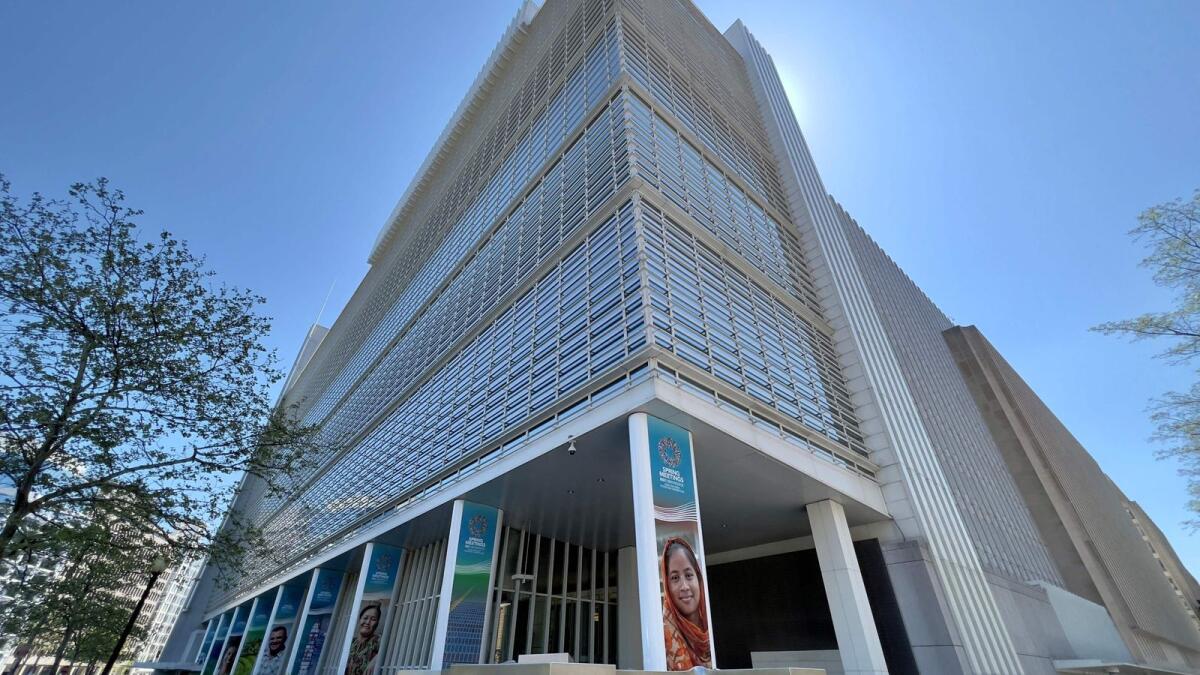The annual survey conducted by UBS Asset Management of 40 central bank reserve managers managing over $15 trillion in foreign exchange reserves found that the global economy is expected to return to moderate growth and inflation in the next five years. Despite this positive outlook, reserve managers are concerned about the escalation of geopolitical conflicts, with 87% of them highlighting it as the biggest threat to the global economy. Additionally, 41% of respondents mentioned diversifying investments across regions and currencies to mitigate risks, particularly amid tensions between the U.S. and China.
Regarding consumer inflation in the U.S., 71% of respondents expect it to be between 2% and 3% in the next year, aligning with the Federal Reserve’s 2% inflation target. Amid rising tensions, central banks are increasingly looking towards gold as a safe haven asset, with 24% of respondents increasing their gold exposure in the past year and 30% planning to do so in the coming year. This move towards diversification is also reflective of concerns that FX reserves may no longer be seen as a secure investment in light of geopolitical uncertainties.
Central banks are closely monitoring ongoing geopolitical trends, such as the decision to use profits from Russia’s frozen assets to finance Ukraine, which could impact their investment strategies. The survey also indicates that the upcoming U.S. election could further exacerbate tensions, with 94% of respondents predicting a victory for Donald Trump could lead to a deterioration in U.S.-China relations. Despite these concerns, the U.S. dollar’s dominant role in FX reserves remains stable, with participants maintaining an average share of 55% in dollar holdings.
Central banks are also exploring diversification by introducing new currencies into their reserves, with five participants adding China’s yuan as a new currency. However, two institutions have recently dropped the yuan from their reserves. This shift in currency allocations reflects ongoing efforts by central banks to manage risks and uncertainties in the global economic landscape. Overall, the survey highlights the importance of monitoring geopolitical developments and diversifying investments to navigate potential risks and ensure stable economic growth in the years ahead.











